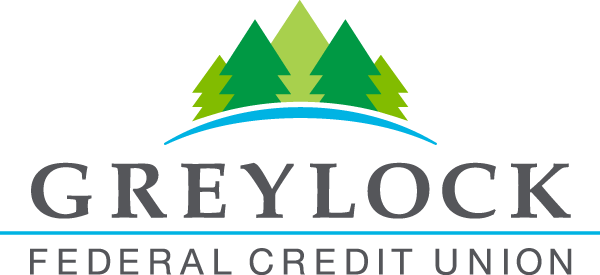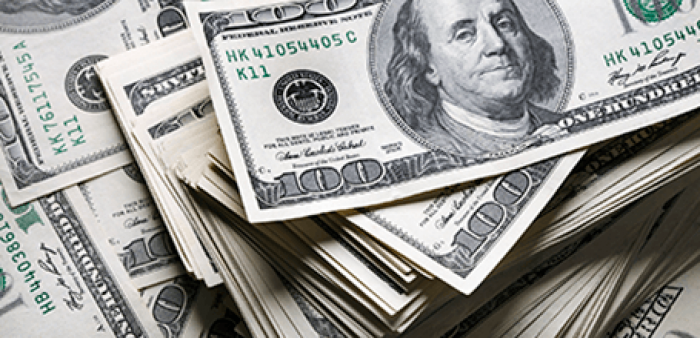As part of the Cares Act, an additional $600 was added to unemployment benefit deposits from March 29th to July 25th 2020. This was done to help folks get through the work furloughs, reduced wages, forced quarantine, personal illness and/or caring for loved ones due to the COVID-19 pandemic. The extra boost in income has pros and cons, so being prepared is key.
1. Create a budget. Now is the perfect time to create a budget if you don’t have one and revisit your budget if you do. You can also schedule a coaching session with one of Greylock’s Certified Credit Union Financial Coaches to assist with creating and/or adjusting a budget by calling 413-344-1026.
2. Set up a plan for transition. Once your basic needs have been met, think strategically about how the money can help set you up for transition as COVID benefits expire and the economy starts to rebuild.
3. Set some of the funds aside. If you are not having taxes withheld – create an account and hold some of the funds aside because unemployment income is taxable income. Please check with a tax advisor to inquire about your specific situation.
4. Do not count on this new level of income as permanent, since it is set to expire on July 25th.
5. Pay down your expenses. If you have a backlog of utility expenses, use some of this extra money to pay them down or off, so when you get back to work or when the benefit expires, you will not have huge looming utility bills that can potentially block you from getting your utilities turned back on after the shut-off protection period expires.
6. Look at your credit card statements and try to pay them down or off. One strategy, called debt roll-up, works by putting as much money as you can afford on one card while paying the minimum payment on the rest. As you pay off one card at a time, it gives you a sense of accomplishment and frees up additional money from your budget to target the rest of your debts. You direct the funds toward smaller cards to pay them off completely or you can target the card with the highest interest. To quote one of the coaches “The only wrong way to pay down debt is to not do it at all”.
7. Create an emergency fund because “Life Happens” and having some funds set aside will save you from having to use a credit card or get a loan.
8. Treat yourself – but don’t go too crazy. Even when you are on a “strict financial diet”, you need an occasional cheat day to keep that forward momentum going.



